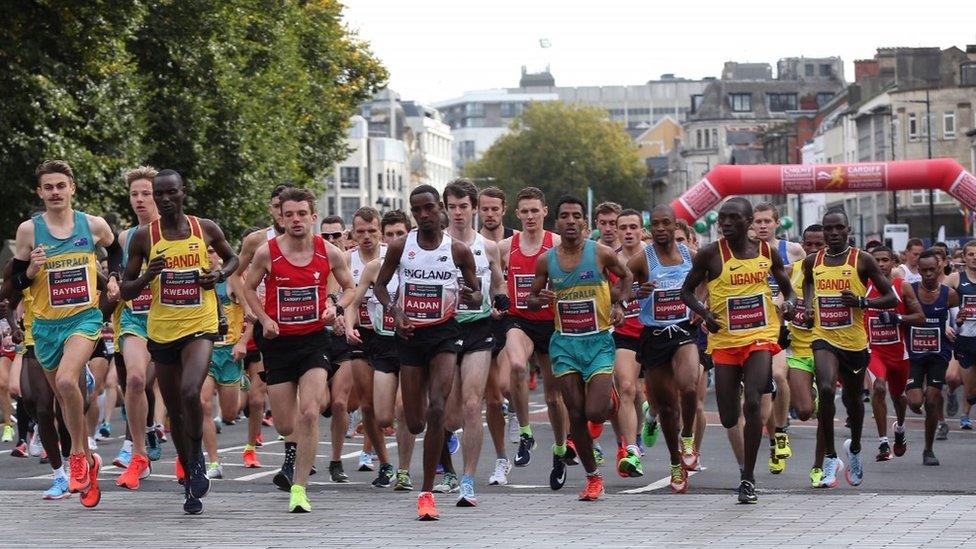Free heart screening in Cardiff Half Marathon runner's memory
- Published
"We need to be doing more as a country"
Free heart screening is set to be provided in memory of a runner who died during the Cardiff Half Marathon.
The Ben McDonald Heart Screening Fund, set up after the 25-year-old went into cardiac arrest at the finish line last year, is funding a sold out event at Cardiff Gate on 31 August.
The service offers the tests to those aged between eight and 45.
Ben's mother, Ruth McDonald, said heart screening was something the family had "never even thought of" previously.
"Ben didn't have his heart screened - we didn't even think of it as an option," she said.
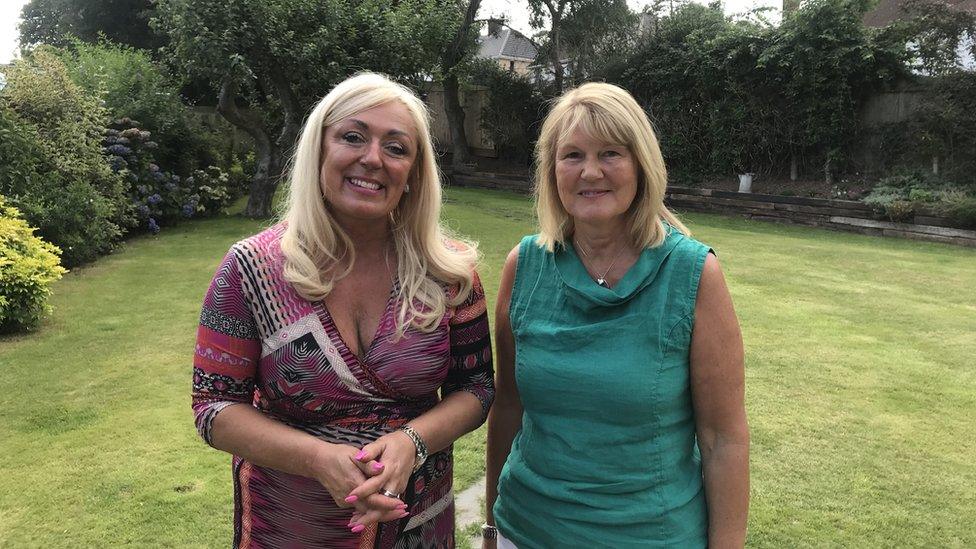
Ruth McDonald (right, next to Welsh Hearts founder Sharon Owen) said heart screening was something she "never even thought of" previously
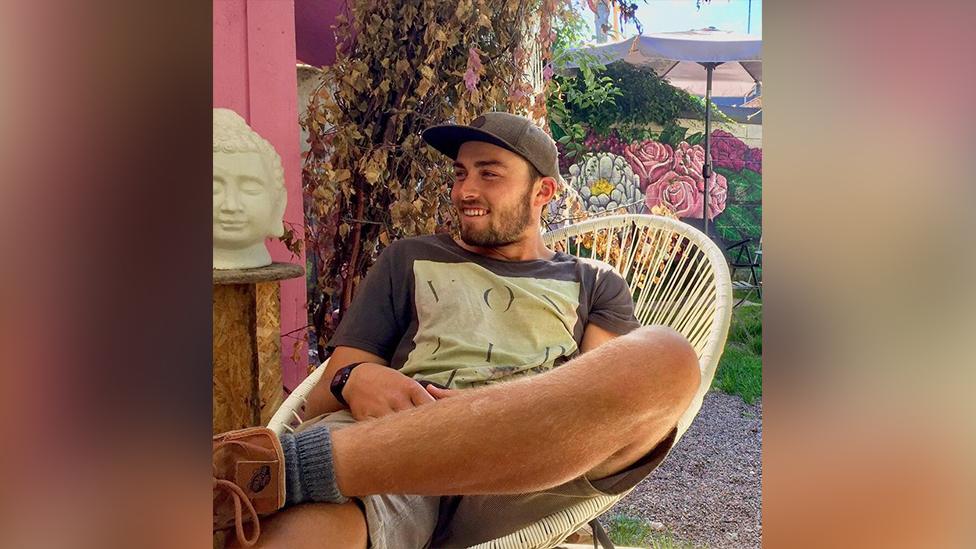
The free tests are being offered in Ben's name
A coroner's report concluded he died from sudden arrhythmic death syndrome, external (SADs).
"We've had a post-mortem result that tells us that they can't find a reason why he's died, there's no history of heart disease," said Ms McDonald, from the Vale of Glamorgan.
"If he had his heart screened, we would have a test result to look back on to maybe find something that would give us a clue as to why he died."
The fund was set up by charity Welsh Hearts and the screening will be provided by the Independent General Practice.
The charity launched a petition in January, calling on the Welsh Government to make heart screening free for those aged between 10 and 35.
Meanwhile, it is aiming to raise £1m to continue to offer its service.
But the Welsh Government said population screening programmes "should only be offered where there is clear evidence that screening will do more good than harm".
"The UK National Screening Committee does not recommend screening to prevent Sudden Cardiac Death and is therefore not provided in the UK," it added.
"Should more accurate tests become available, whole population asymptomatic cardiac screening will be fully considered.
"Although whole-population screening is not beneficial, families of individuals who have suffered Sudden Cardiac Death should be offered individual clinical assessments to assess risk."
But Sharon Owen, Welsh Hearts founder, said that through screening some "extremely serious" cases have been picked up.
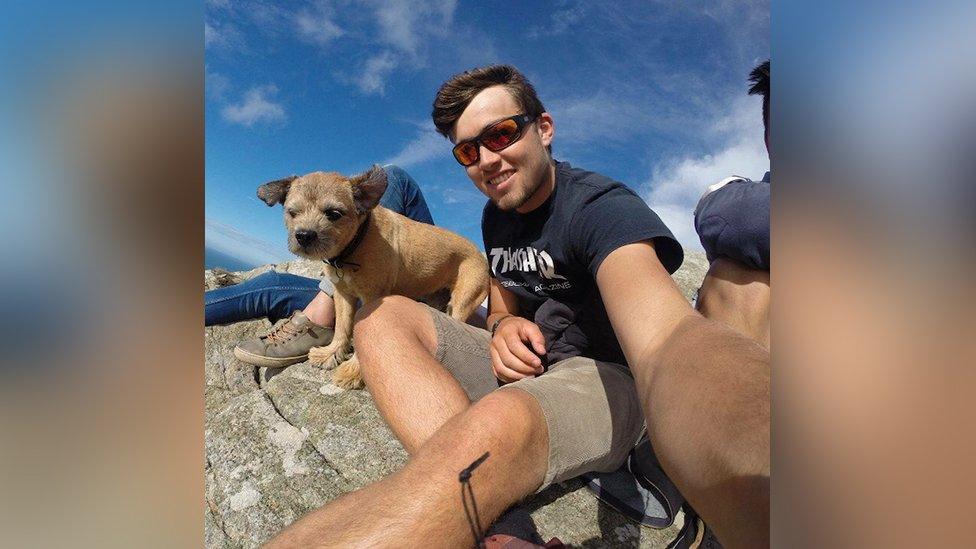
Ben McDonald died from sudden arrhythmic death syndrome (SADs)
The non-invasive procedures take between 10 and 15 minutes, and involve an electrocardiogram.
The week after Ben died, the charity took about 3,000 calls asking about heart screenings, and put extra sessions on.
"It kind of highlighted that we need to be doing more as a country," said Ms Owen.
"You've got bowel screening, you've got prostate screening, you've got breast screening... we need to have heart screening available in Wales."
A special screening day will also be held in Ben's memory on 5 October, the day before the Cardiff Half Marathon, at St Cyres School in Penarth, which he attended.
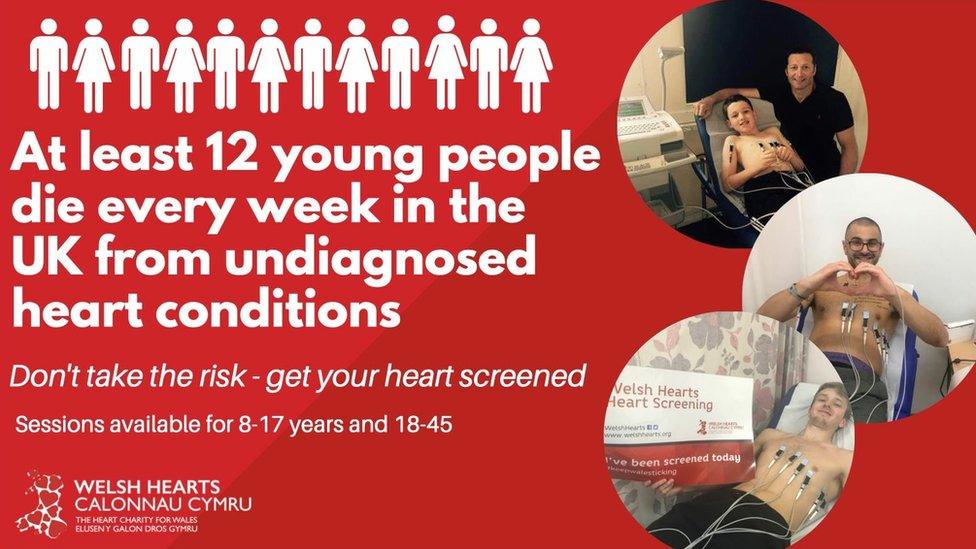
Welsh Hearts encourages young people to have their hearts tested
Ms McDonald and Ms Owen will also walk the course together in Ben's memory.
Naming the service after her son was important because "everything becomes more real when you start talking about a person", said Ms McDonald.
"Ben is a wonderful example of a really fit and healthy active young person."
Sports-loving Ben had trained as a teacher, but "just wasn't ready to settle down yet", instead travelling around the world seeking adventure.
Ms McDonald explained that his story makes people see that heart problems "could happen to anybody".
"After Ben died, obviously we were in shock and it's been a really difficult time," she said.
"And suddenly we became aware of the fact that hearts could stop suddenly without any warning.
"We decided that we wanted to do as much as we could in Ben's memory, partly to keep his memory alive, but partly we were really really convicted of the need to open this up to other young people."
- Published1 May 2019
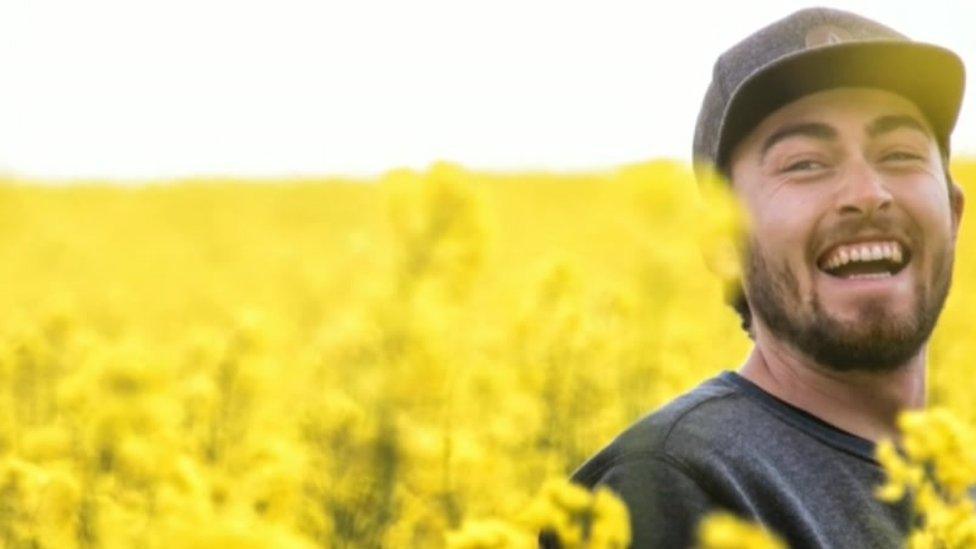
- Published22 February 2019
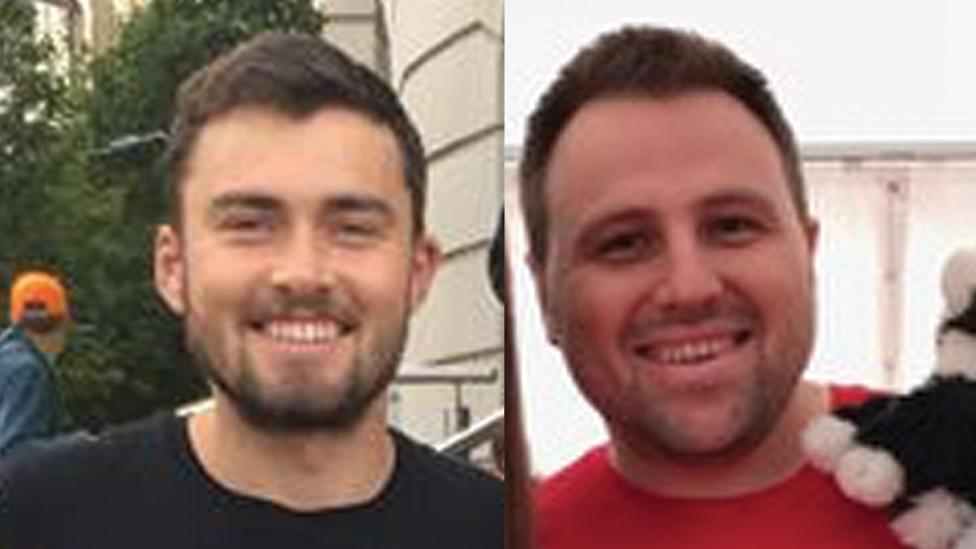
- Published10 October 2018

- Published9 October 2018

- Published8 October 2018
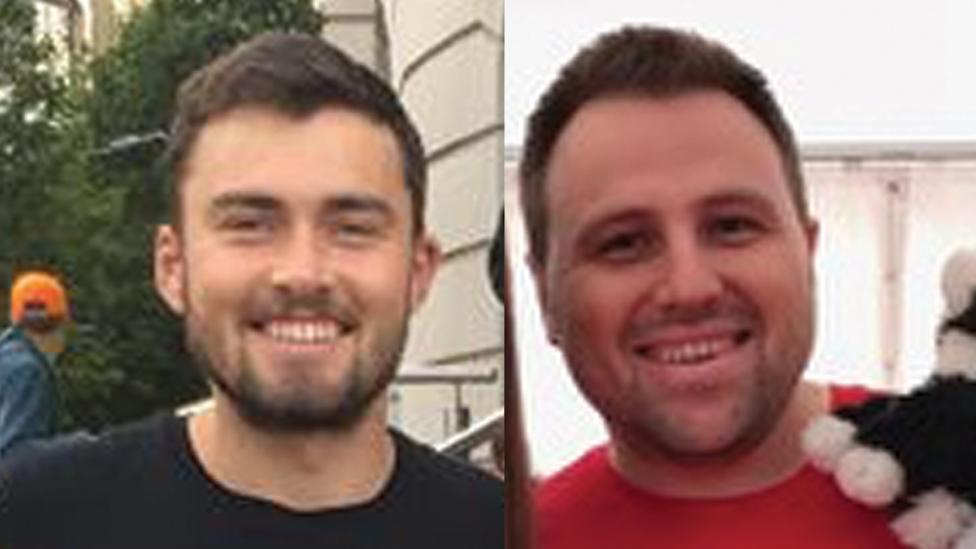
- Published8 October 2018
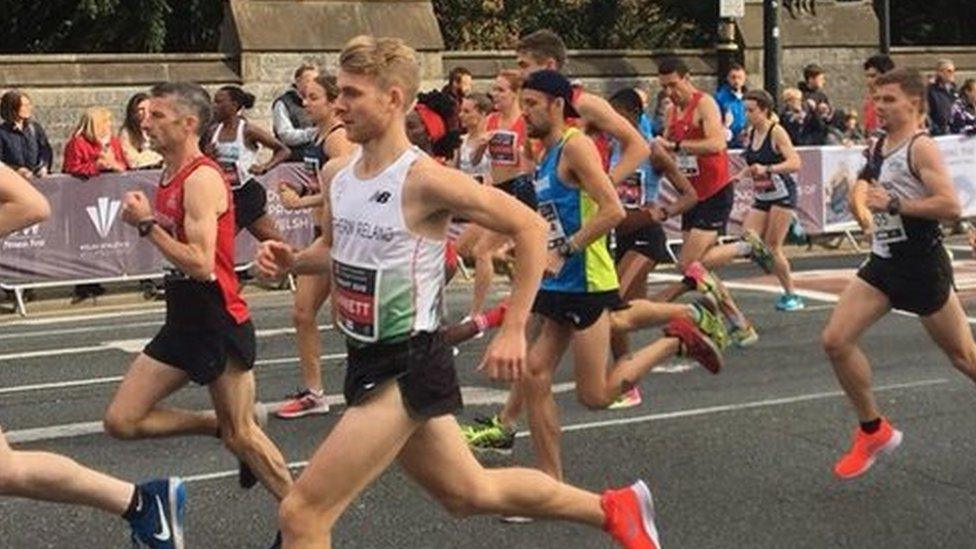
- Published7 October 2018
